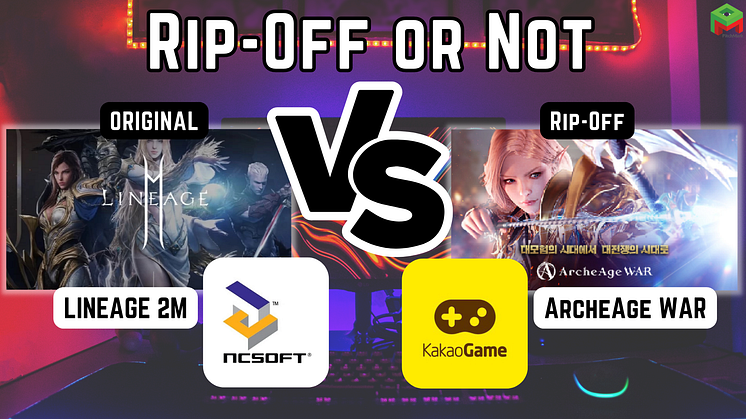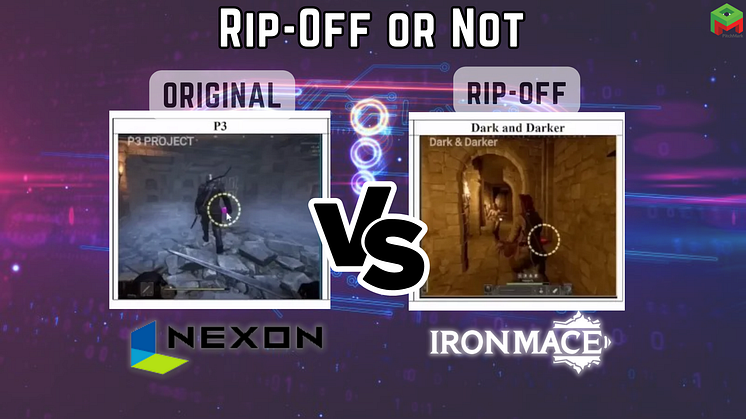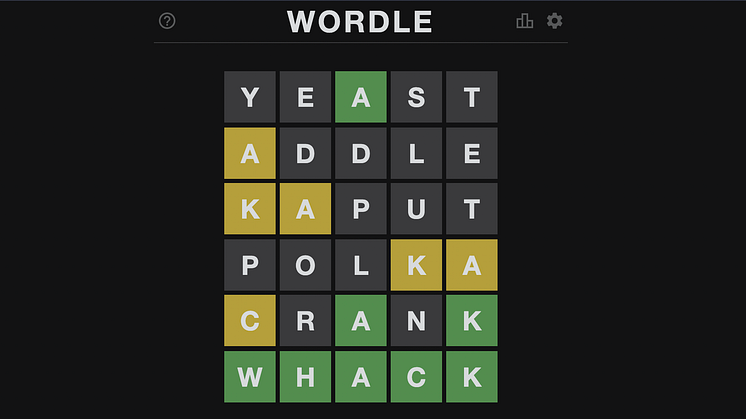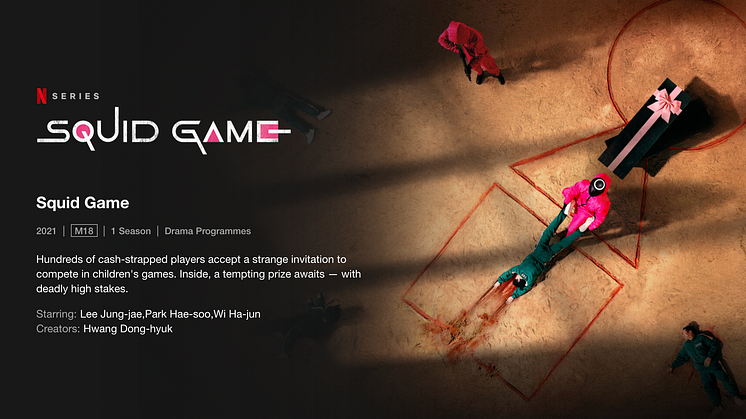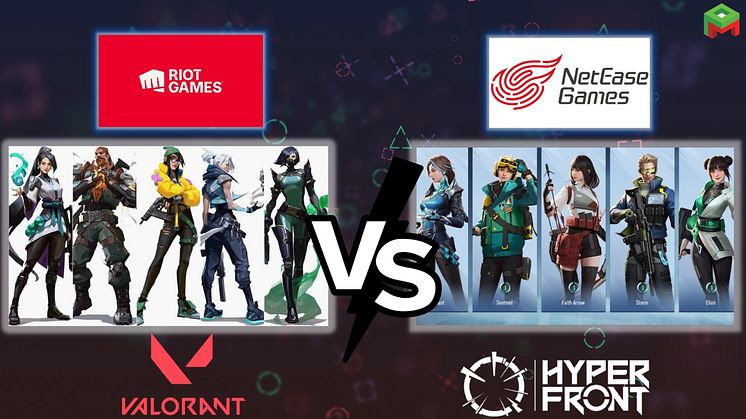
News -
Riot Games sues China’s NetEase for copyright violation
Riot Games has sued Chinese gaming company NetEase for allegedly copying its game Valorant despite requesting changes be made to the game.
The American game development and publishing company known for its popular League of Legends game claims that NetEase’s mobile game Hyper Front is a “copy of substantial parts of Valorant.”
It filed a 162-page lawsuit in various countries - United Kingdom, Germany, Brazil, and Singapore – to ensure that the game is taken down completely.
In the lawsuit, Riot pointed out a number of similarities between the two games - characters, maps, weapons, weapon skins, and even the weapon stats that have allegedly been copied.
It also claims that NetEase did modify Hyper Front slightly after its first complaint, but Riot says the copyright infringement goes beyond just that.
In a statement issued to Polygon, Riot Games’ Lawyer Dan Nabel said: “All of our creative choices are mirrored in NetEase’s game. We don’t think that changing the color of a character's ability or slightly modifying the visual appearance changes the fact that it’s copyright infringement. It’s like that old saying, you can put lipstick on a pig, but it’s still a pig.”
He also said that since NetEase is a global publisher, Riot “doesn’t want to rely on one particular market to have this issue resolved.”
Riot is asking the courts to order Hyper Front’s shutdown and is also seeking substantial damages.
NetEase has a history of creating games that bear a striking resemblance to other works - another example being Lost Light, which many thought was a rip-off of Escape from Tarkov. The timing of the lawsuit isn’t surprising given that Valorant Mobile is currently being developed and is about to be unveiled to the public.
PitchMark recently reported how gaming company Activision Blizzard was being accused of stealing the concept of an NFT design that the gaming studio Midnight Society was planning to introduce in its own game Deadrop.
PitchMark helps innovators deter idea theft, so that third parties that they share their idea with get the idea but don’t take it. Visit PitchMark.net and register for free as a PitchMark member today.

